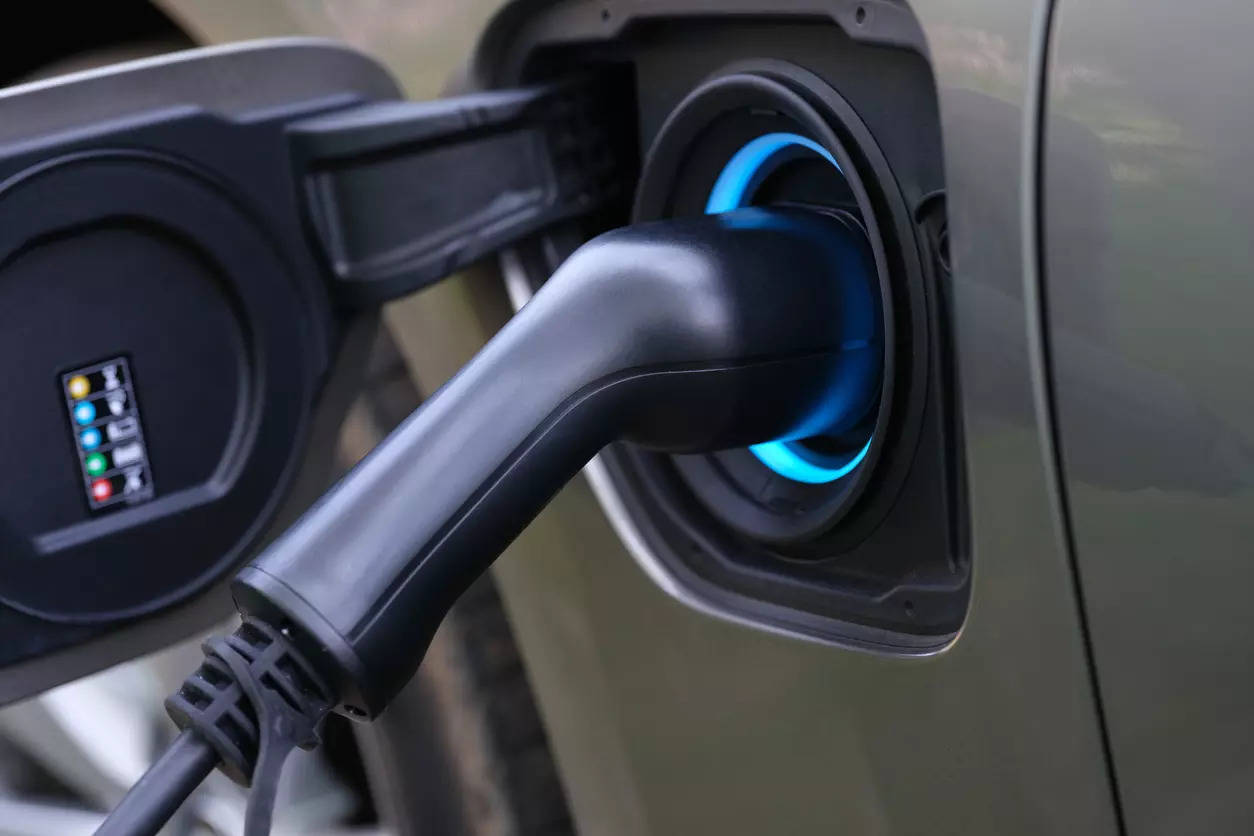
New technologies have a tendency to blindside. When colour TVs were introduced in the 1950s, for example, they seemed like a flop. The devices were expensive, programming was scarce, and after a decade on the market few homes had one. Then suddenly prices dropped, a ratings war ensued, and in just a few years most US households were watching The Jetsons in its futuristic palette.
A comparable shift is currently underway with electric vehicles, according to a Bloomberg Green analysis of adoption rates around the world. By the end of last year, 31 countries had surpassed what’s become a pivotal EV tipping point: when 5% of new car sales are purely electric. This threshold signals the start of mass adoption, after which technological preferences rapidly flip.
When we first completed this analysis in 2022, only 19 countries had passed the 5% tipping point. Last year, that number soared as EVs spread across four continents. For the first time, some of the fastest-growing markets were found in Eastern Europe and Southeast Asia. The trajectory laid out by countries that came before them shows how EVs can surge from 5% to 25% of new cars in under four years.
Why is 5% important?
New technologies – from televisions to smartwatches – follow an S-shaped adoption curve. Sales move at a crawl during the early-adopter phase, before hooking into a wave of mainstream acceptance. The transition often hinges on overcoming initial barriers such as cost, a lack of infrastructure and consumer skepticism. The tipping point signals the flattening of these barriers. While each country’s journey to 5% plays out differently, timelines converge in the years that follow.
“Once enough sales occur, you kind of have a virtuous cycle,” said Corey Cantor, an EV analyst at BloombergNEF. “More EVs popping up means more people seeing them as mainstream, automakers more willing to invest in the market, and the charging infrastructure expanding on a good trajectory.”

